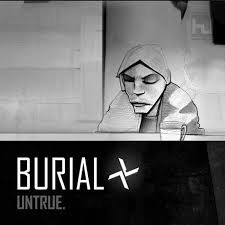记忆方法
将“burial”分解为“bur”和“ial”。记住“bur”可以联想到“bury”,意为“埋葬”。然后将“bury”的动作与“ial”结合,想象一个场景,某物(或某人)被埋葬在地里,形成“burial”这个动作或状态。这样可以帮助记忆“burial”的意思是“埋葬”。
以上内容由AI生成, 仅供参考和借鉴
英语词源
- burial (n.)
- "act of burying," late 13c.; earlier "tomb" (c. 1200), false singular from Old English byrgels "tomb," from byrgan "to bury" + suffix -els; a compound also found in Old Saxon burgisli, suggesting a Proto-Germanic *burgisli-, from PIE root *bhergh- (1) "to hide, protect" (see bury). The Germanic suffix *-isli- (also in Old English hydels "hiding place," fætels "bag") became obsolete and was felt as a plural of the Latin-derived suffix -al (2) forming nouns of action from verbs (survival, approval, etc.).
权威例句
- 1. They rushed the burial through so no evidence would show up.
- 他们仓促举行了葬礼,掩盖了所有证据。
- 2. a Bronze Age burial mound
- 青铜时代的坟冢
- 3. Cremation is more common than burial in some countries.
- 在一些国家,火葬比土葬普遍.
- 4. The archeologists found fragments of bone in the burial chamber.
- 考古学家在墓穴中发现了碎骨片.
- 5. The Premier's burial was a solemn occasion.
- 总理的葬礼是个庄严的场面.
